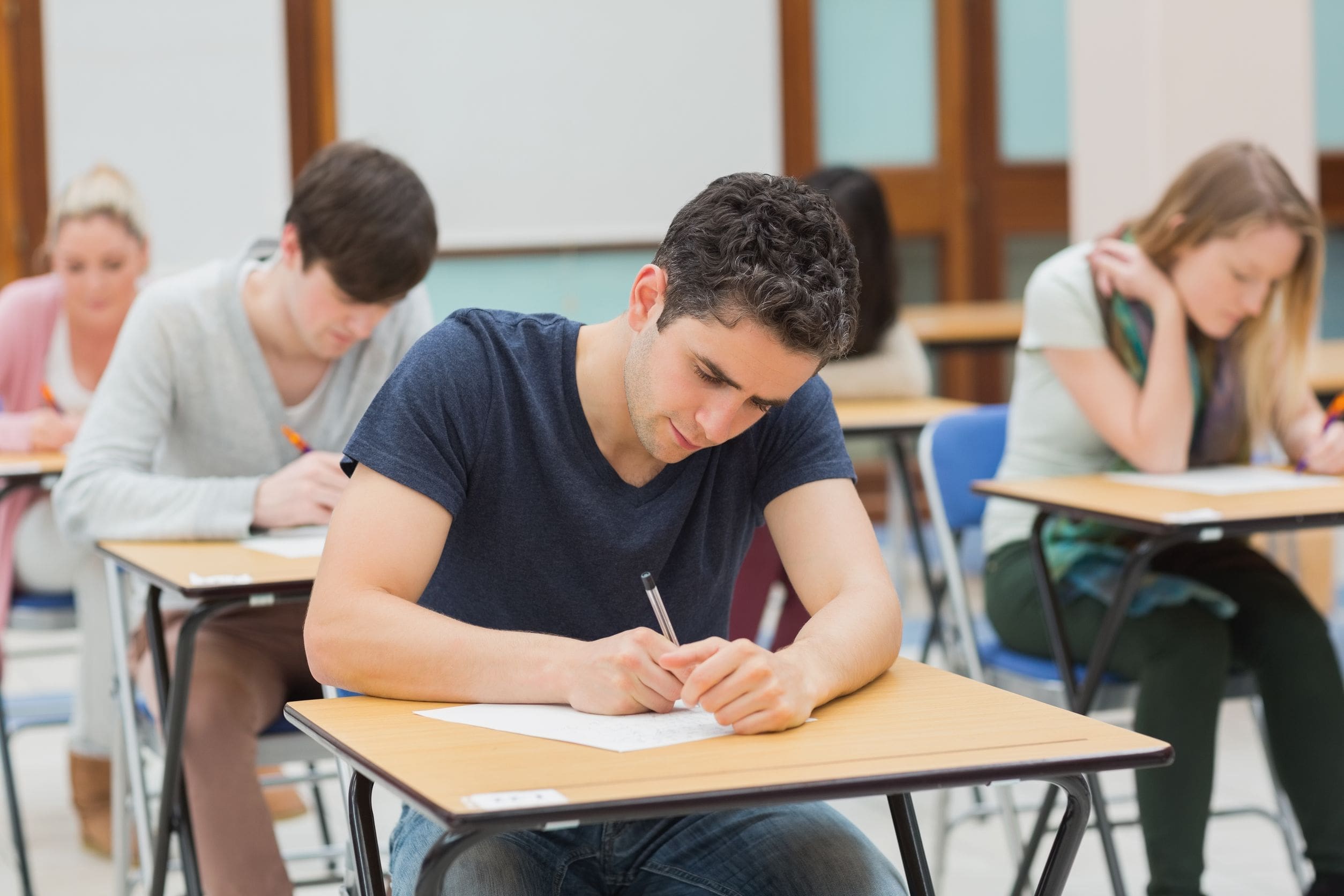Inference refers to the process of reasoning and examining evidence before coming to a viable conclusion. Evidence is often not explicitly stated and so you are expected to answer a question and deduce ideas from a text that are often expressed in vague statements. Developing inference skills is not just essential in English Language but across the entire curriculum of courses and in daily life.
Analysing the question being asked of you is the first step in applying inference skills in the exam. In Section A, you will be asked to analyse two separate texts and answer questions about them individually. After this, the final question will ask you to compare the two texts.
Provided for you below is a text that you must read. After the text, a question will be presented; as an example of inference skills, we will dissect the question together.
| A Trip to ParisIn July 2016 I left on a plane to visit the city of Paris. I had dreams of climbing the steps of the Eiffel tower (all 1,710 of them), before making my way down a narrow-cobbled street and sitting outside an intimate café eating French toast and drinking a vanilla latte. I would explore the city, marvel at the old buildings and the famous art galleries. I would rummage around the vintage shops, buy a fabulous outfit and purchase a souvenir of my trip. I would sip some of the greatest wines in some of the largest vineyards on the outskirts of the city.The flight over to Paris was okay. It was a short flight, only lasting 1 hour and 30 minutes. I skipped the option for an in-flight meal because I was so nervous and excited all at the same time. I couldn’t even manage a full cup of coffee in the morning, never mind a meal. On the plane the sky was a shade of azure blue. The sun shone brightly onto the soft clouds below. After an hour, the plane dipped into the clouds as it began its descent. There was a lot of turbulence and this did not seem to settle down the entire time the plane was lowering its altitude.Once landed, I looked outside of the window to see that the blue sky was hidden by a huge mask of dark clouds. The rain and wind hit me abruptly when leaving the plane. This was not how I imagined to be welcomed onto French soil. My hair was wet and mangled, the smell of my new perfume was mingled with the stale smell of wet clothes. I expected to look fabulous, instead I looked hideous.I brushed myself off in the airport and decided that it was just a bump in the road, the rest of the trip would be great.Oh, how wrong I was.I climbed the steps of the Eiffel tower, all 1,710 of them. It was raining, it was cold, it was incredibly slippery – I nearly broke my neck twice. The people around me were miserable also. They would barge passed me up the stairs, all in a rush to reach the top so they could climb back down and go home. Me too. I just wanted to go home.I tried to find my intimate café down a narrow-cobbled street; the café was more intimate than I originally expected, it was more like a cupboard with two tables and four chairs cramped inside it. The shoulders of the person sat on the other table were practically touching mine. They had brought their terrier in with them which sat under their table. The smell of wet dog filled the cupboard and I felt sick. My French toast was so stale I could barely break it with my teeth. It felt like I was trying to bite through granite rather than bread and egg. My vanilla latte was quite nice though.The buildings and art galleries were truly amazing, it is just a shame that it rained during the entire trip. With the backdrop of the azure blue skies it would have been magical.I didn’t even have chance to rummage around the vintage shops or vineyards on the edge of the city. In the end, I decided not to purchase a souvenir; it wasn’t really a trip that I wanted to be reminded of. |
In the exam, you may get asked a question similar to:
How does the writer describe their thoughts and feelings about their trip to Paris?
The first aspect of this question to point out is that it is asking you to describe the writer’s thoughts and feelings about their trip to Paris. In the beginning paragraph, the writer begins the text by talking about ‘their dreams’ of what they expect the trip to be. This is not the trip itself and so you do not need to describe what is said. Everything you write in an assignment must be specific to the question being asked; every point must also be accompanied by an in-text quotation.
A point that you could make is the contrast of the positive language in the first two paragraphs to the paragraphs of the rest of the writing. The contrast presented reinforces the negative language and the bad experience the writer had on their trip. The first two paragraphs act as a framing device for the rest of the writing. A framing device is a technique used in some narratives which refers to them being ‘framed’ by a secondary story; in this case, the writer’s hopes and dreams of the trip.
Another key factor in this question is that you are being asked how the writer describes his thoughts and feelings. Here, it will be appropriate to analyse the literary devices the writer uses. A few points that you may choose to make are:
- The writer uses similes a number of times throughout the piece; for example, the café ‘was more like a cupboard’. Another example of a simile is ‘it felt like I was trying to bite through granite rather than bread and egg’. Both of the examples provided are also hyperboles. The writer’s use of similes and hyperboles together adds a satirical overtone to the piece of writing. The writer has obviously had a terrible trip but their exaggeration of it, especially in contrast to how they originally thought the trip would turn out, creates a comedic effect and amusement for the reader.
- This contrast is emphasised through the adjectives used in the first two paragraphs in comparison to the rest of the text. For example, the adjectives in the beginning of the text are a lot more positive: ‘intimate’, ‘fabulous’, ‘excited’, ‘brightly’. Whereas after, there are more negative adjectives: ‘dark’, ‘stale’, ‘hideous’.
- The writer’s repetition of climbing ‘the steps of the Eiffel tower (all 1,710 of them)’ (with a slight deviation) emphasises the contrast already presented in the framing device. This also helps to add a comedic effect to the piece of writing, which will amuse the reader.
- Sensory imagery is used at several moments throughout the piece; for example, ‘the sky was a shade of azure blue’, ‘the smell of wet dog filled the cupboard’. The writer creates more of a comedic effect with the use of sensory imagery as it gets the reader more emotionally involved in the situation, emphasising the comedy when things start to go wrong for the writer.
The above are just a small number of examples that you could write about from the text provided.
Notice as well that every point is backed up by evidence from the text. A quotation is included with every point; this is something you will need to do when you are writing in the exam. A useful technique to use when writing essays is known as the P E E structure which stands for Point, Evidence, Explain.
Sufficient quotation skills are an important aspect of your ability in being able to pass the exam and obtain a good grade. As mentioned, when analysing a text, every point you make should be backed up by evidence from the text. You must also make sure that quotations from the text are contained in quotations marks: ‘… ’; otherwise, the examiner will not be able to distinguish the quote from your own writing.



